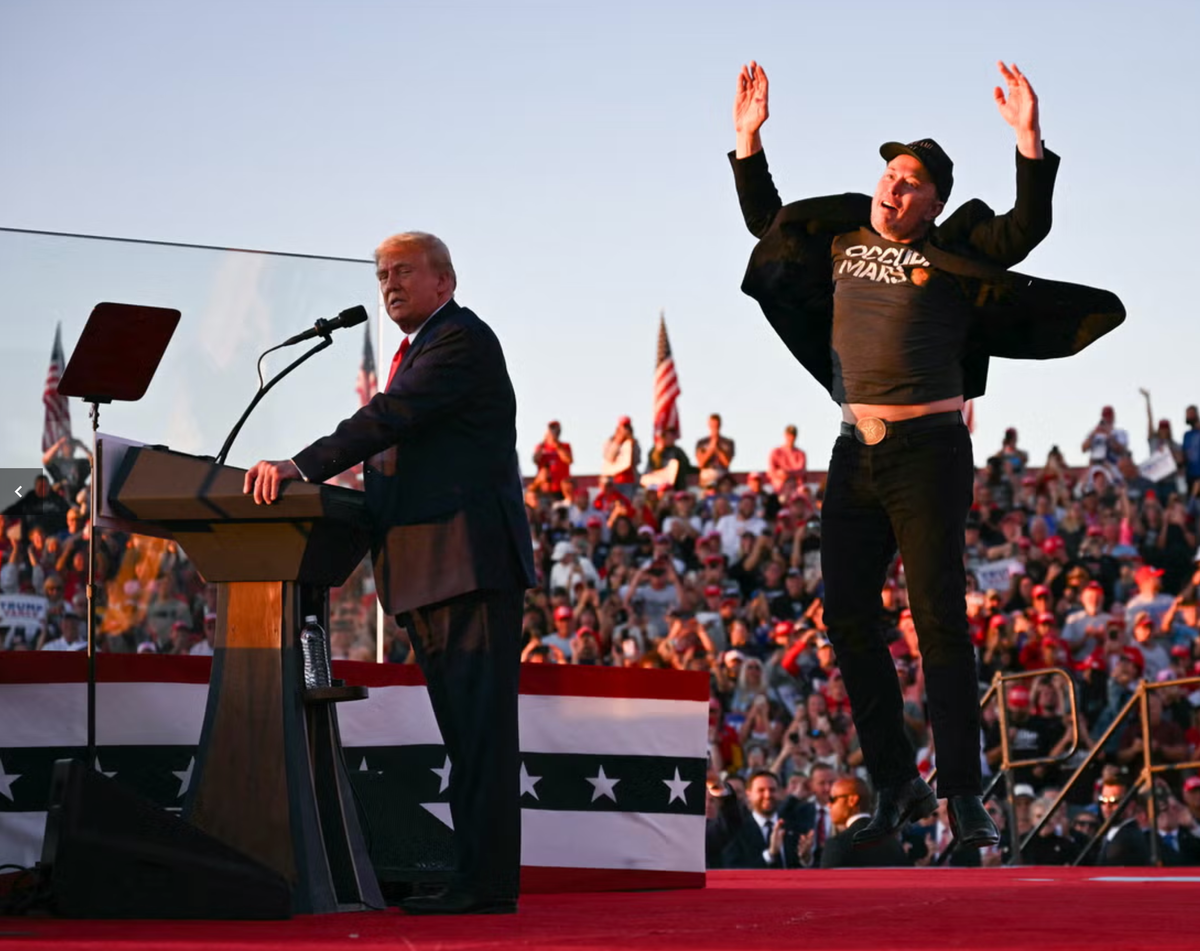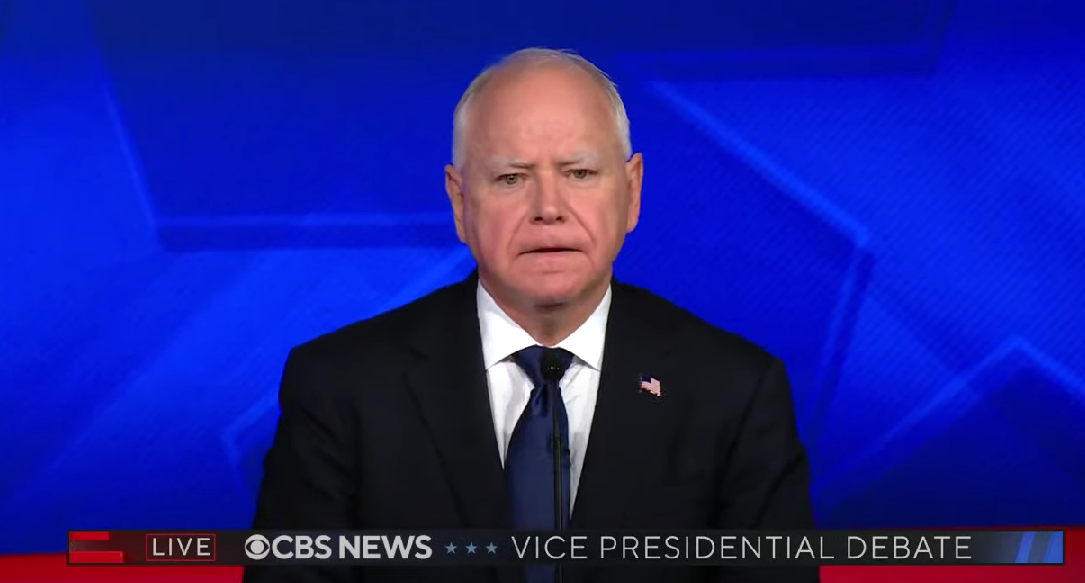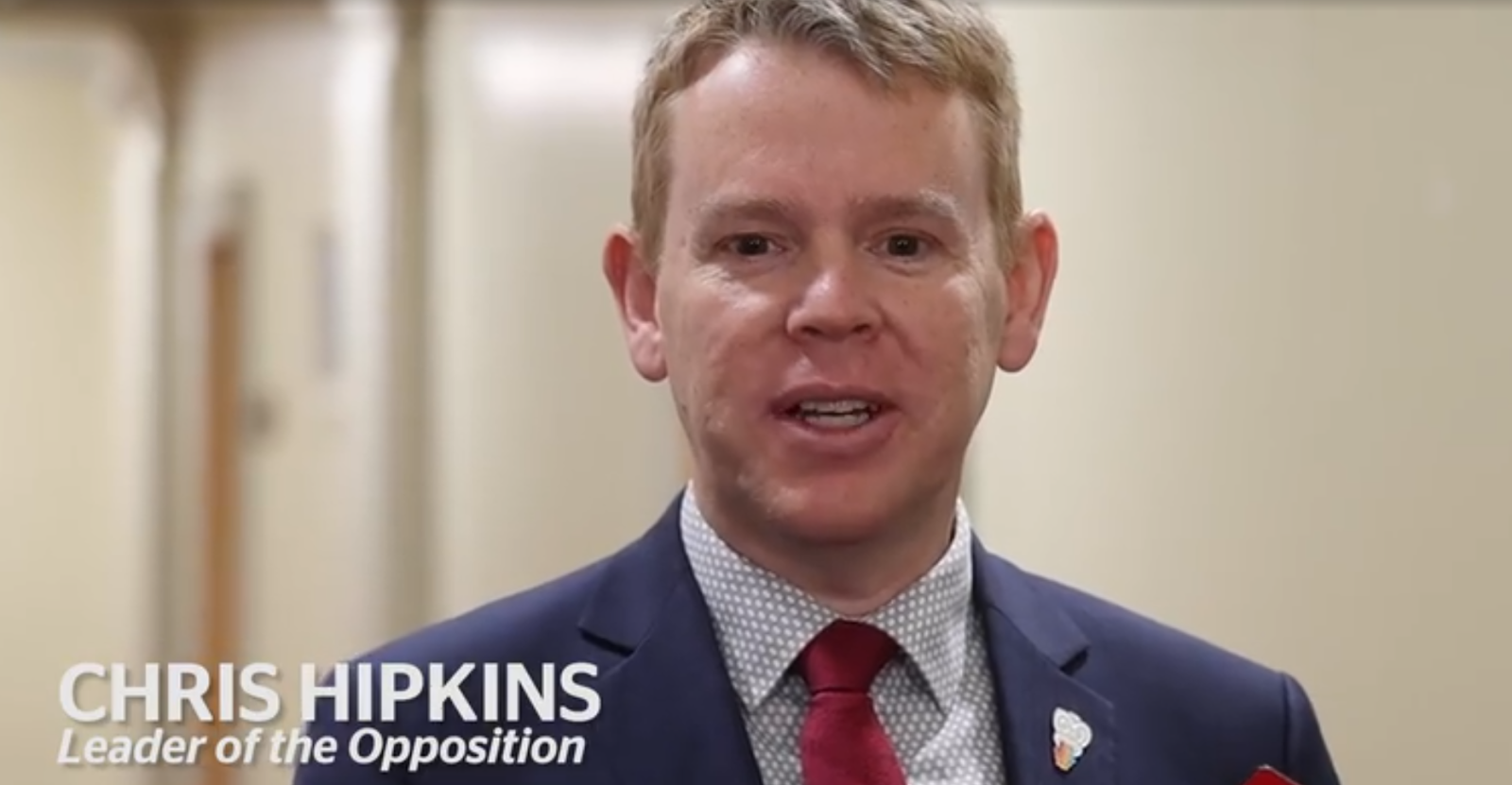How Good Politicians Become Untrustworthy Turdgoblins
Trump may be a liar, but on a deeper level: he’s completely honest.

Hi,
If you are unfortunate like me, you will have seen this image over the weekend.

Donald Trump returned to the site of his near-assassination in Butler, Pennsylvania — except this time he brought Elon Musk with him. It’s difficult to keep up with Trump’s brain, but he seems to have dropped his earlier beef with Musk.

Elon’s appearance at the rally made for a lot of unusual photos that won’t be leaving my brain any time soon.


Trump said a lot of things from the podium, including a completely false claim that the Democrats are planning to eliminate all elections in the US. Which brings me to today’s newsletter — a piece from Webworm regular Hayden Donnell.
Because despite being ethically monstrous, a liar, and a fraud — Trump will win 50 million votes in a couple of months time. This is partly because he’s the embodiment of the fundamental Id of the Republican Party, which hid its cruelty under a veneer of civility for decades.
But also because he’s genuinely not like other politicians.
He may be a liar, but on a deeper level: he’s completely honest. As horrible as it is, what you see is what you get.
And, as Hayden argues here, that’s simply not the case for a lot of politicians.
David.
Webworm is a reader-supported publication. To receive new posts and support my work, consider becoming a free or paid subscriber.
The Problem With Political Strategy
We keep turning politicians into mealy-mouthed shitweasels in the name of making them popular. Hayden Donnell asks… why?
Tim Walz shuffled side to side during the opening question of his debate against JD Vance. It was about whether Israel should have the right to launch a pre-emptive strike against Iran, potentially sending the world spiralling into World War 3 and turning large parts of the Middle East into radioactive rubble. Walz looked grimly into the camera before fumbling his way through a lengthy, hard-to-follow answer about October 7 and “Israel’s right to defend itself”.
Just a few months ago, this same man turned up on TV and sent the entire Republican party into a weekslong meltdown by accurately describing them as “weird”. But during the debate he had the look of a man who was being asked to play the tuba while tapping out a message in Morse code. There were buzzards in his brain. They were circling his neurons, filling them with political messaging.

Over at his blog Garbage Day, internet tsar Ryan Broderick has a theory on why Walz looked like a shell of his former wisecracking self. He argues Democratic strategists have got to the governor, smoothing off his sharp edges, chipping away at his personality, and slowly replacing him with the anodyne, spin-spewing automaton they believe will appeal to the median voter.
Geoff Garin is one of the culprits. According to CNN, he told the Harris campaign to ease up on the “weird” stuff — too negative — and quit using the “we’re not going back” line because it wasn’t focused on the future. He was ecstatic with the results on display at the debate. “Really great job by Governor Walz tonight. His decency, compassion, and common sense really shone through,” he tweeted. “He did what you wanted and it sucked bro,” replied @aaronfromqueens.
Walz isn’t the first politician to arrive on the scene with principles and a vaguely human countenance only to have both slowly eroded by political advisors until they’re remade as an uncanny valley sludge unable to either inspire their supporters or convert their opponents.
Nearly every centrist candidate the world over, and some on both the left and right, have suffered the same fate. New Zealand’s Labour Party leader Chris Hipkins peaked before he actually took his role when he was sprung on the street by reporters wearing sunnies, a cap, and a hoodie, looking like he had an exciting plan to sink 6.5 rum and cokes and hit the pokies at 10am.
A few months later he was sputtering his way through an explanation on why taxing rich people isn’t a sensible way to get the cash together to fix the country’s crumbling pipes or poo-encrusted hospital walls. Labour went to an election during a historic cost of living crisis with the headline policy of taking GST off fresh fruit and veggies. It was voted out in a landslide.


Reports would later emerge that the party had gone for its grab bag of half-assed, milquetoast ideas because its internal polling showed they did well with supposed swing voters. Right now the British Labour Party is suffering a similar fate, theorising that if they can avoid upsetting fourteen centrists in Moundshire they’ll be swept back into power on a towering wave of apathy.
These parties have fallen victim to savvy advisors like Garin, who tell them they must target the mythical median voter to win. On paper, it makes sense. Elections are won in the “centre”, wherever that is. But by making them target the middle ground, these strategists often make candidates into something far more loathsome than ideologues: they turn them into politicians.
It seems to happen a lot. Impressive people enter intensive training on how to be popular and emerge as equivocating, amoral weasels, unable to open their mouths without checking off a list of key messages. The aim is to make them into someone that appeals to both the centre left and right. Instead the strategists shape them into someone who could barely appeal to their own mother. By the end, the candidates hardly resemble a human at all so much as four focus groups in a suit.
Webworm's in-house psychotherapist Paul Wilson says there’s a fundamental misapprehension at the rotting heart of a lot of political strategy and messaging. “The strategists are assuming policy positions are rational and independent and consistent and they just aren't. They correlate with your weightings on moral foundations — which are more subcultural than rational,” he says. “We are not homo economicus or homo politicus. We are a third species of chimpanzee.”
In other words, politicians believe voters are making judgements based on logic, or even a coherent set of beliefs, when in reality many are making decisions almost entirely based on vibes. In trying to micro-target the right policies, our politicians often destroy those vibes by turning themselves into spineless worm people. They burn down the forest to save the median tree.
People don’t hate politicians primarily because they say things they disagree with. They hate them because they’re untrustworthy turdgoblins whose values shift with the latest poll. The best candidates are able to overcome this curse. Thanks to his utterly disordered mind, Donald Trump is completely ungovernable.
By refusing to play by the rules, he’s won one election and could win another, despite having almost no redeemable qualities. None of his positions poll well with the voters, but culturally he has an unshakeable grip on the lizard brains of millions of people. Former New Zealand prime minister John Key took a different route. He was relentlessly poll driven, but because that seemed to be his natural way of being, no-one really minded much. Before he went into politics, Key was a currency trader. He remained one.
These candidates still lose sometimes. Nothing is certain. Nothing is surefire. There’s always room for doubt. But there’s good evidence that a lot of our politicians have it wrong in the way they approach voter behaviour. In his book The Righteous Mind, Jonathan Haidt argues that people’s beliefs are intuitive first and foremost, with reason used as a second order justification for their existing bias.
Unfortunately many of our politicians target the reason while taking a dump on the intuition. If they want to win they could do worse than switching out some political science for psychology, and a few of their advisors for Chris Cornell.
At the least keep saying Republicans are weird.
They are.
-Hayden Donnell.






